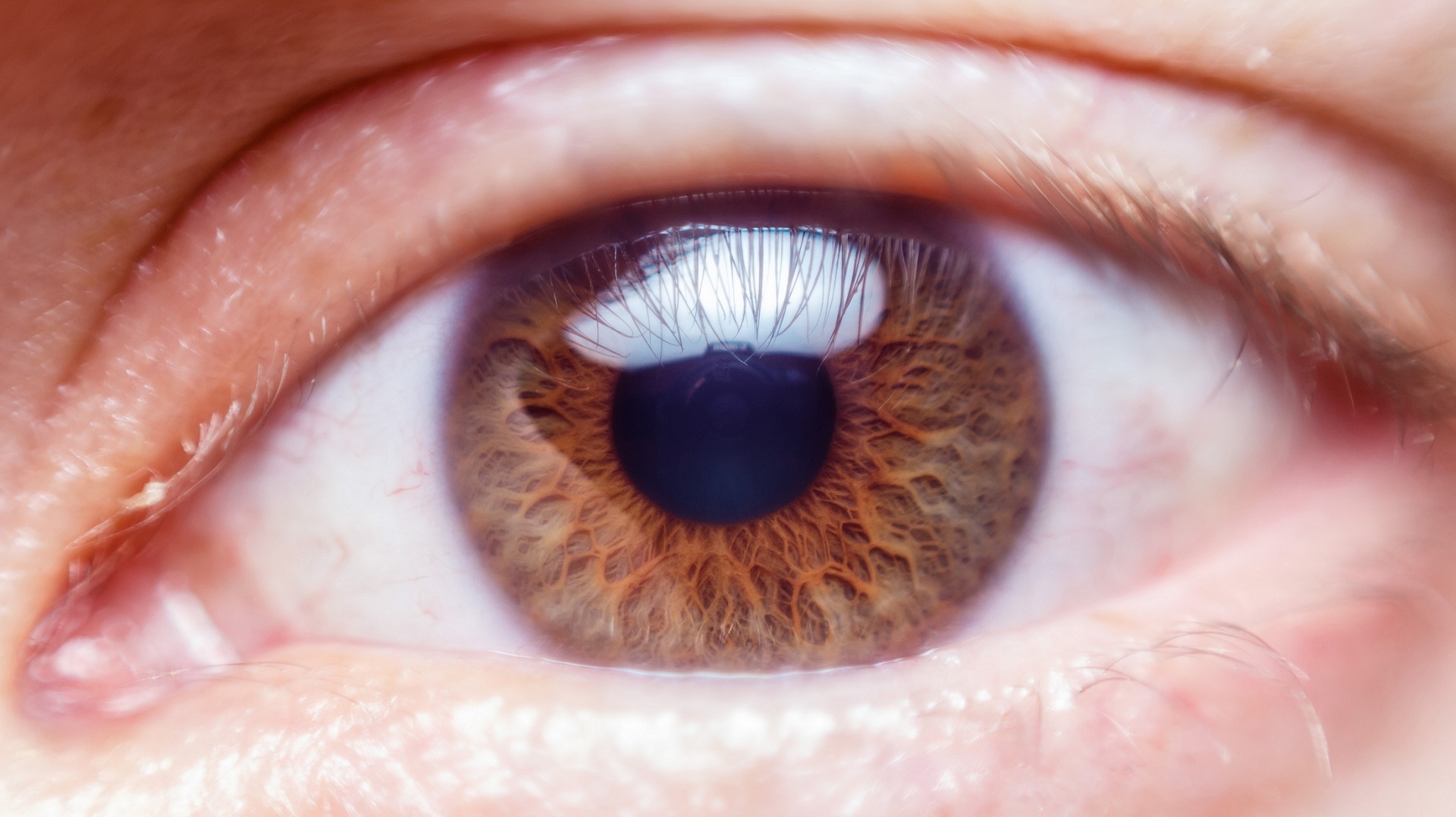It’s probably not news to many of you that there’s a strong correlation between your age and your eyesight, but when asked specifically what that correlation entails people are often left scratching their heads. Many can confidently claim that with age comes worse vision, but how, when, why and what exactly to expect seems to evade most people. Well, for those of you wondering and interested in your ocular health, here is an insight that will leave you better prepared when it comes to monitoring your health and well-being.
While growing up, your ocular health was most likely of little interest. At most all you noticed was that grandma or grandpa had glasses and that you would get to stay home from school if you had pink eye, beyond that, ignorance was bliss. Some children do meet the optometrist at a young age and are very used to wearing glasses to correct their vision. Regardless of which category you best identify with, from childhood to your 20s and 30s your eyes have been relatively healthy. So, what happens post age 30 that can threaten your vision? And more importantly, what can you do to retain your healthy eyes for as long as possible?
First things first – what to be on the lookout for. Around the age of 40, it is very common for people to experience presbyopia, a condition in which focusing your eyes on nearby objects becomes increasingly difficult. This is due to the hardening of the ocular lens, and as a result many people beyond the age of 40 require reading glasses. This condition often intensifies as individuals continue to age, thus stronger and stronger prescription lenses are required in your 50s. Beyond the age of 60 many eye related issues become more common. These issues include glaucoma – wherein the blood pressure in the eye becomes too high resulting in a loss of vision, cataracts – wherein the ocular lens becomes opaque inhibiting vision, and macular degeneration – where the retina deteriorates resulting in complete loss of vision. Now that you know how vision can change with age, it is time to talk about what you can do to avoid these problems.
Fortunately, there are a number of preventative measures you can take to prolong the health of your eyes. First it is important to visit your eye doctor regularly, your doctor will be able to help you identify and solve problems before they get out of hand. To correct vision loss that is caused by presbyopia and cataracts, laser eye surgery is very effective. Many people have explored this option and have been completely satisfied with the results from clinics such as Wolf Eye Clinic, a leader in LASIK laser vision correction surgery and cataract removal surgery.
It is crucial that you protect your eyes from UV radiation, in other words, get a good pair of sunglasses that effectively block out bright sunlight. Also, maintain a healthy lifestyle; eat healthily and get plenty of exercise. As well as being good for general health such a way of life can decrease your chance of developing degenerative eye diseases.
Wearing high quality sunglasses whenever necessary, and quitting smoking, can decrease your chances of developing macular degeneration. While healthy eating habits and exercise can keep you blood pressure low, thus decreasing the risk of glaucoma. Thus, positive, health-focused life-style choices can help you help your eyes in top condition.
